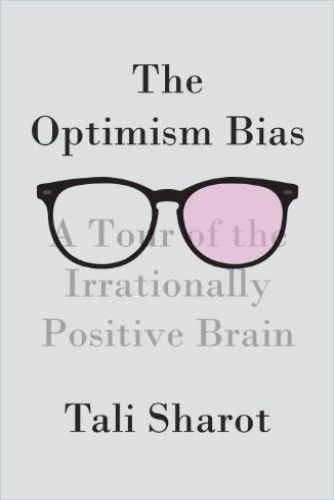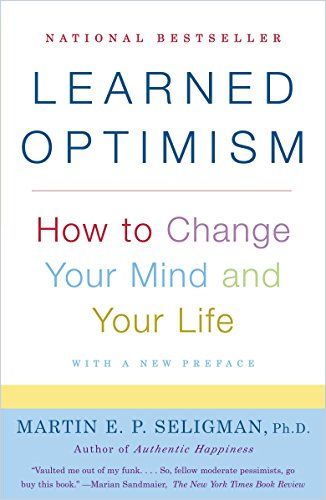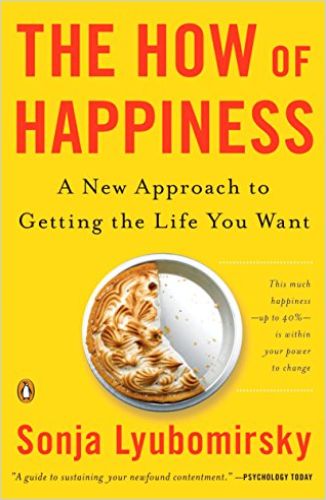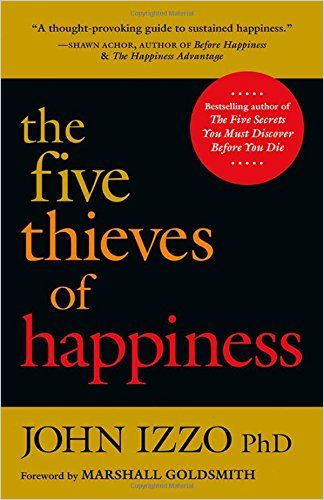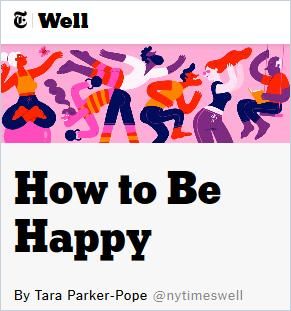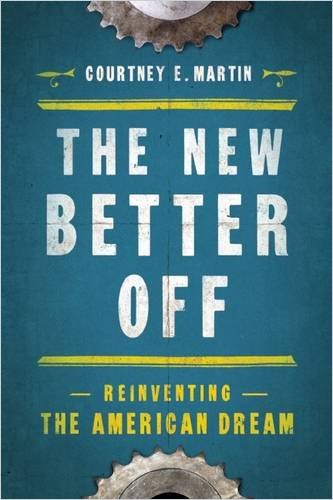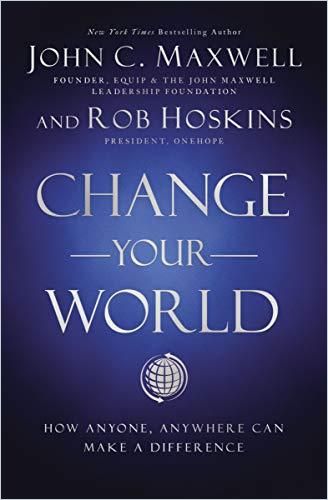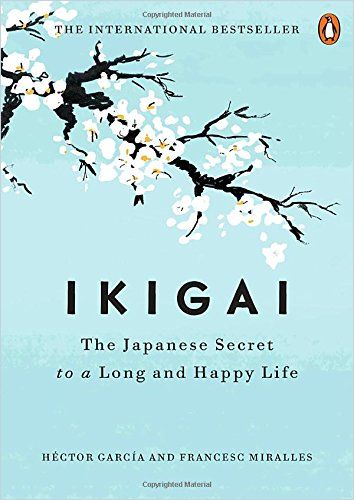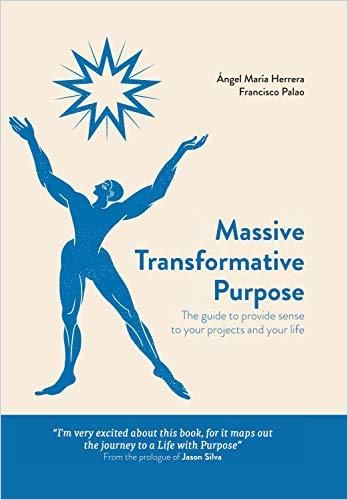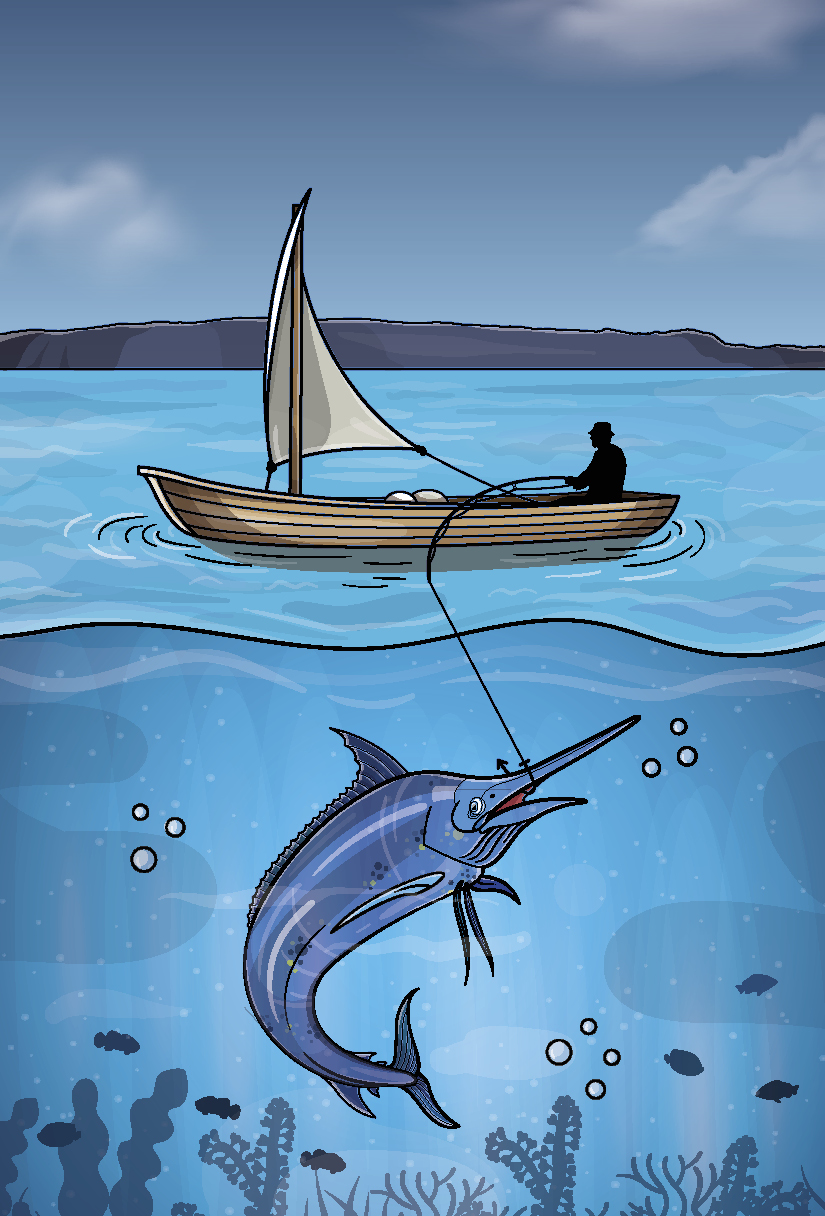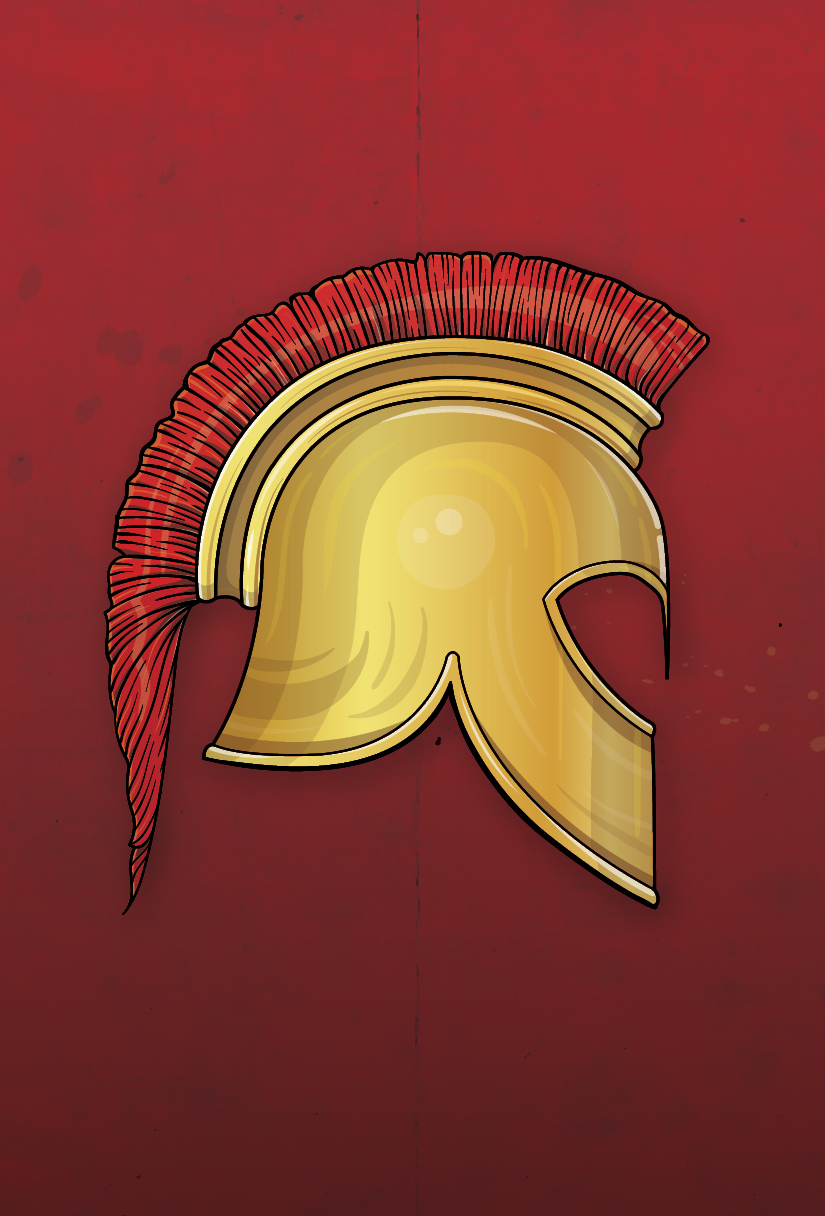True Optimists Believe in Progress, Not Perfection
Voltaire’s Candide

Checking your Twitter feed this morning may not lead you to conclude that we live in “the best of all possible worlds.” In his dark satire, the 18th-century French writer and public activist Voltaire questions and ridicules the philosophy of optimism by confronting the reader with the cruel realities of life and the callousness of humanity. But does the novel suggest that you should throw up your hands in despair, withdraw from the world and become a self-sufficient hermit growing your own vegetables on a small plot of land? Kind of – but not quite. Read on to learn three life lessons from Candide’s (mis)adventures.
What It’s About
The young and naive Candide stumbles from one (mis)adventure to the next, including fighting in wars, being arrested, being nearly burned at the stake, finding El Dorado and leaving it. On his journey, his belief that this world is “the best of all possible worlds” is severely tested. In the end, even overly optimistic Candide has to admit defeat, giving up on all philosophical discourse and instead turning to a life of working the land.
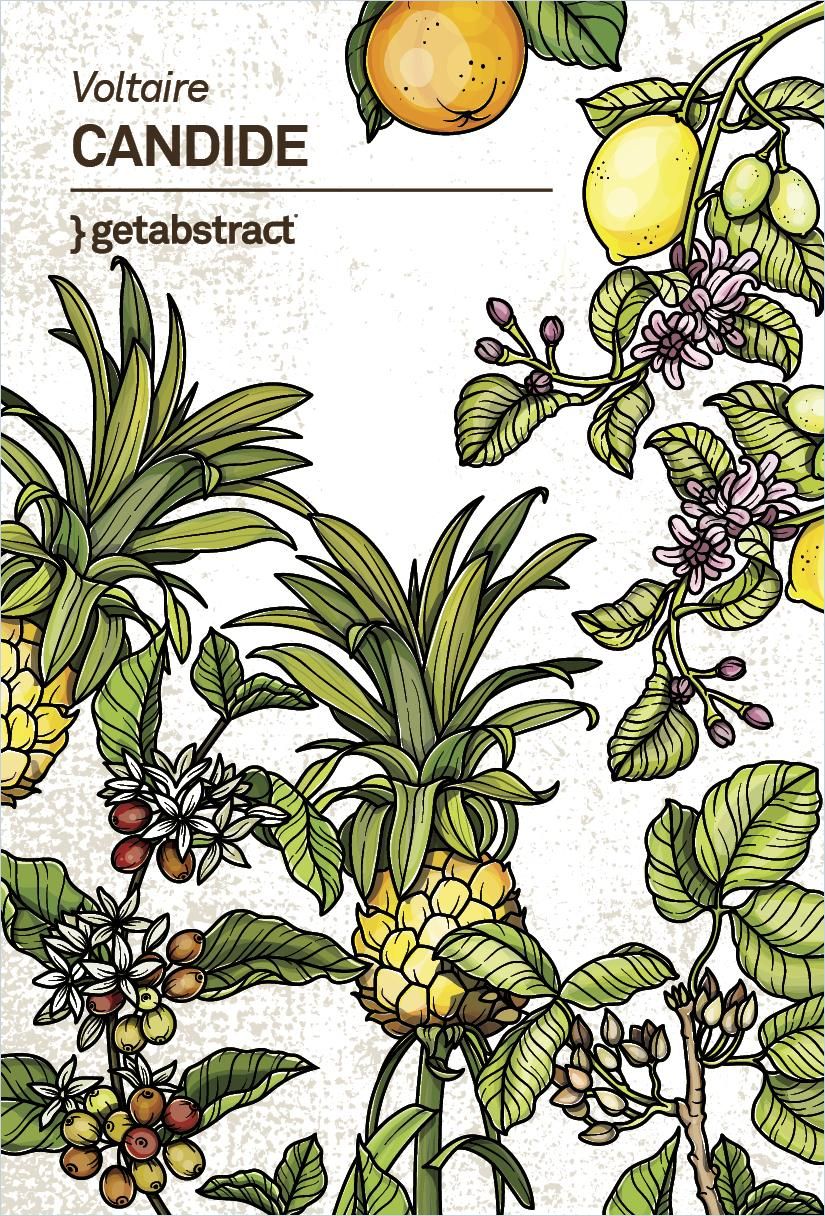
Three Life Lessons
1. Believing That Everything Is Perfect Is Absurd
Throughout Candide’s (mis)adventures, the protagonist’s unquestioning trust in the perfect order of things is continuously put to the test.
The novel warns against a naïve kind of optimism that pretends everything is as it should be. But true optimism isn’t about seeing everything as rosy. Optimists don’t ignore problems but instead choose to focus on what’s good about a situation and what they can do to make things better. True optimism is not about living in your own perfect world divorced from reality. Instead of hiding the bad, true optimists draw constructive lessons from it. True optimism is about embracing reality and moving forward with courage.
‘What is this optimism?’ said Cacambo. ‘Alas!’ said Candide, ‘it is the madness of maintaining that everything is right when it is wrong.’
In Learned Optimism, psychologist Martin Seligman advises constructing a persuasive argument based on facts, not on trite, unfounded “feel good” notions. Only you can decide when it is best to cultivate an optimistic viewpoint or when you might need a dose of pessimism to shape a more conservative assessment of reality. You build resilience by interpreting bad events as the result of temporary, not permanent factors – which allows you to draw your lessons and move on.
As neuroscientist Tali Sharot explains in The Optimism Bias, thoughtful optimists live more successful, happier and healthier lives. Optimists are more likely to care for their bodies and lower their health risks. They also expect positive things to happen, so they have less anxiety and respond better to stress. Optimistic people have also been shown to get better grades and earn higher salaries.
2. Money Won’t Bring You Fulfillment
When in South America, Candide stumbles across the lost kingdom of El Dorado, a city made of gold. After spending some time in the kingdom, Candide eventually decides to leave, thinking that returning to Europe with treasures from the country will make him richer (and supposedly happier) than all the kings of Europe put together. Yet upon leaving El Dorado, Candide loses most of his wealth to robbery. He learns that basing your future happiness on something that can be taken from you at a moment’s notice is not a good recipe for finding fulfillment.
Research in psychology has found that money has almost no correlation with happiness. According to Seligman, people who make the pursuit of money their main goal in life also are among the least happy. In Authentic Happiness, Seligman highlights four core virtues that have been widely shown to lead to happiness: wisdom, courage, love, justice, temperance and spirituality.
Author John Izzo highlights “consumption” as one of five happiness thieves. The consumption thief insists that the “good life” comes from external acquisitions. Yet true happiness and contentment come from within. Happiness researcher Sonja Lyubomirsky agrees: Ultimately, your happiness is not conditioned by life’s external circumstances. Her book outlines twelve behaviors that, if practiced consistently, will help you become happier over time. Happiness is about doing, not having, the right things.
3. Honest Work Brings Its Own Reward
At the end of Candide’s odyssey, the protagonist settles on a little farm near Constantinople, where he finds satisfaction and fulfillment at last.
By insisting that “We must cultivate our garden,” Candide conveys that our responsibility is local and that personal contentment is derived from focusing on a specific project. Cultivating our garden is used literally and metaphorically. The implicit advice: Invest your time in developing your talents – for Candide, that means pastry making, embroidery and growing crops – and reap satisfaction from doing a few things well.
Modern happiness researchers agree: The key to a happy life is to find a life project or purpose that fits with your values – be it raising a child, writing a book, managing a business or any other internally gratifying pursuit. The Japanese use the word ikigai to refer to a unique skill that makes a person’s life worthwhile. In Massive Transformative Purpose, Ángel María Herrera and Francisco Palao prompt you to think about what fills you with energy when you get up in the morning. What sparks your interest? Where do you excel? Defining your purpose and aligning your daily activities with your calling will enhance not only your life but most likely also elevate others.
Note Voltaire’s emphasis on the small size of the plot of land Candide is attending to. It’s as if to say: Don’t try to change the world but focus on making your own backyard a little bit better every day. And even if you harbor more ambitious goals and strive to solve a problem on a large scale, your best bet is to focus on your corner of the world first. Does this sound too optimistic? No! Because someone subscribing to Candide-style optimism-taken-to-the-extreme will not lift a finger to change the world, as the world supposedly is already as good as it can be.
